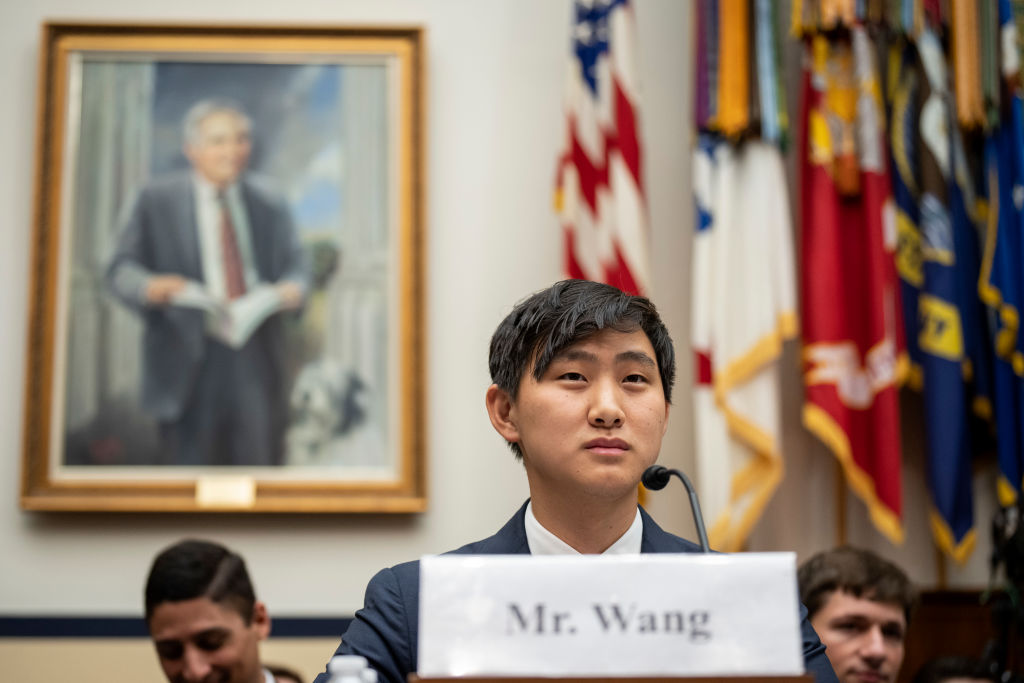Singapore has allocated a minimum of SG\(1 billion (\)741.97 million) to expedite the advancement of artificial intelligence (AI), encompassing the acquisition of essential computing power and expertise. In addition, the nation is preparing to enhance its national broadband network and construct a new cybersecurity command center.
The funding is intended to bolster the government’s utilization of technology across various sectors and forms part of its fiscal 2024 budget, extending until March next year.
Deputy Prime Minister Lawrence Wong disclosed in his budget speech that the SG$1 billion designated for AI will be spread out over the next five years to support computing infrastructure, talent development, and industry growth.
Wong emphasized that AI transcends mere ChatGPT or extensive language models, likening it to fundamental technologies like electricity, the internal combustion engine, computers, or the internet.
He highlighted its potential to revolutionize numerous industries and enhance efficiency in various processes, ranging from drug research to warehouse management and autonomous driving.
The investment aims to ensure Singapore’s access to cutting-edge chips crucial for AI applications. Moreover, it will incentivize both global and local industry players to establish AI innovation centers within the country. These hubs of expertise will drive collaboration and innovation within the industry, fostering value creation for the ecosystem.
Furthermore, additional funds will be allocated to accelerate enhancements to Singapore’s national broadband network, with the objective of enabling widespread access to broadband speeds of up to 10 Gigabits per second (Gbps), a tenfold increase from the current 1Gbps commonly available in households across the country.
This initiative seeks to fortify Singapore’s connectivity infrastructure to accommodate the growing prevalence of advanced technologies such as AI and immersive media. Wong expressed optimism in achieving the 10Gbps target by the latter half of this decade.
The adoption of emerging technologies, including AI and quantum computing, is expected to reshape the cybersecurity landscape, with a surge in scams, ransomware attacks, data breaches, and sophisticated denial-of-service incidents.
As a result, Singapore will need to enhance its cyber defense capabilities to mitigate these evolving threats. Wong highlighted the establishment of a digital and intelligence unit within the defense force and the ongoing efforts to establish a new national cybersecurity command center to enhance coordination of cyber defense operations and promote collaboration with industry and academia.
“This initiative will enhance our ability to monitor, detect, and coordinate our responses to cyber threats,” Wong affirmed.










